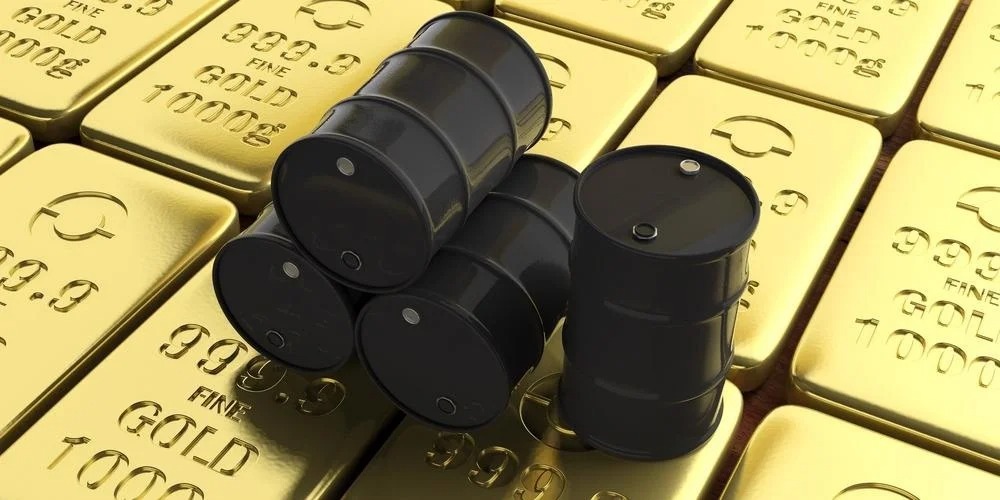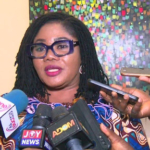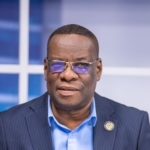
Former Vice President Dr Mahamudu Bawumia says Ghana’s economy would have collapsed without the Gold-for-Oil and gold purchase programmes introduced under his watch.
Speaking during his Thank You Tour in the UK at an interaction with the Young Executive Forum (YEF) in London, NPP 2024 flagbearer said the country’s current economic stability is directly tied to bold interventions started before the NDC administration took over.
“If we had not instituted the gold purchase program as well as the gold-for-oil program, our economy would have collapsed,” he declared.
“It would have, because where would we have gotten $5 billion just to support the economy? You wouldn’t have gotten it.”
He said the decision to go for gold was deliberate and strategic because gold didn’t require foreign exchange.
“Why I went for gold is that you don’t need to export to get gold. You need to export cocoa to get foreign exchange, timber, oil — you need to turn it abroad. But as for gold, you just need to dig it or pay for it with cedis. So it was a much easier way to do it.”
Dr Bawumia revealed that in just two years, the Bank of Ghana purchased $5 billion worth of gold.
“Remember, we were going to the IMF just for $3 billion and going through all sorts of hoops. But in two years, we had bought $5 billion,” he said.
He contrasted the NPP’s achievements with the NDC’s current record.
“They have been in office so far, they’ve not even increased it by one ton, not a single one ton,” he stated.
“People, after all the noise of the election, are paying attention to our reserves. That is one thing, which we have built to 30 tons.”
He said when the NPP started, Ghana had just 8.7 tons of gold reserves, a figure that stayed constant for 65 years after independence.
“In just two years, we went to 30,” he said. “That is a big backing for the currency.”
The NPP leader dismissed claims that the recent appreciation of the cedi is due to NDC policy.
“If you are to the NDC to point out exactly what policy they have implemented that has resulted in the appreciation of the cedi. They cannot tell you one,” he said.
“They only passed their budget in March. They’ve not even issued any contracts or paid for anything. So you cannot ascribe what is happening to the currency to a policy they have implemented.”
Dr Bawumia also cited other factors like the weakening of the US dollar globally and a slowdown in domestic government spending.
“If you go to Zambia, for example, the Kwacha has gained a lot of ground also because you have the US dollar declining in value,” he said.
“They are not paying Independent Power Producers (IPPs). That’s why the dumsor is so acute. They are not paying contractors. When you are not spending, there is less pressure on your currency.”
He added that the “careful groundwork” laid by the previous administration would help keep the cedi stable, depending on how the current government manages the economy.
“What we have put in place should help us maintain stability in the currency, but we’ll see how they manage it going down the road,” he said.
DISCLAIMER: The Views, Comments, Opinions, Contributions and Statements made by Readers and Contributors on this platform do not necessarily represent the views or policy of Multimedia Group Limited.
DISCLAIMER: The Views, Comments, Opinions, Contributions and Statements made by Readers and Contributors on this platform do not necessarily represent the views or policy of Multimedia Group Limited.
- President Commissions 36.5 Million Dollars Hospital In The Tain District
- You Will Not Go Free For Killing An Hard Working MP – Akufo-Addo To MP’s Killer
- I Will Lead You To Victory – Ato Forson Assures NDC Supporters
Visit Our Social Media for More




